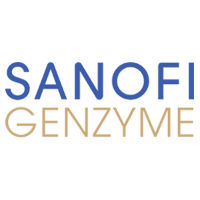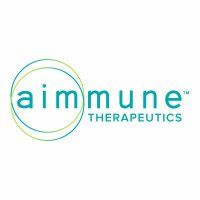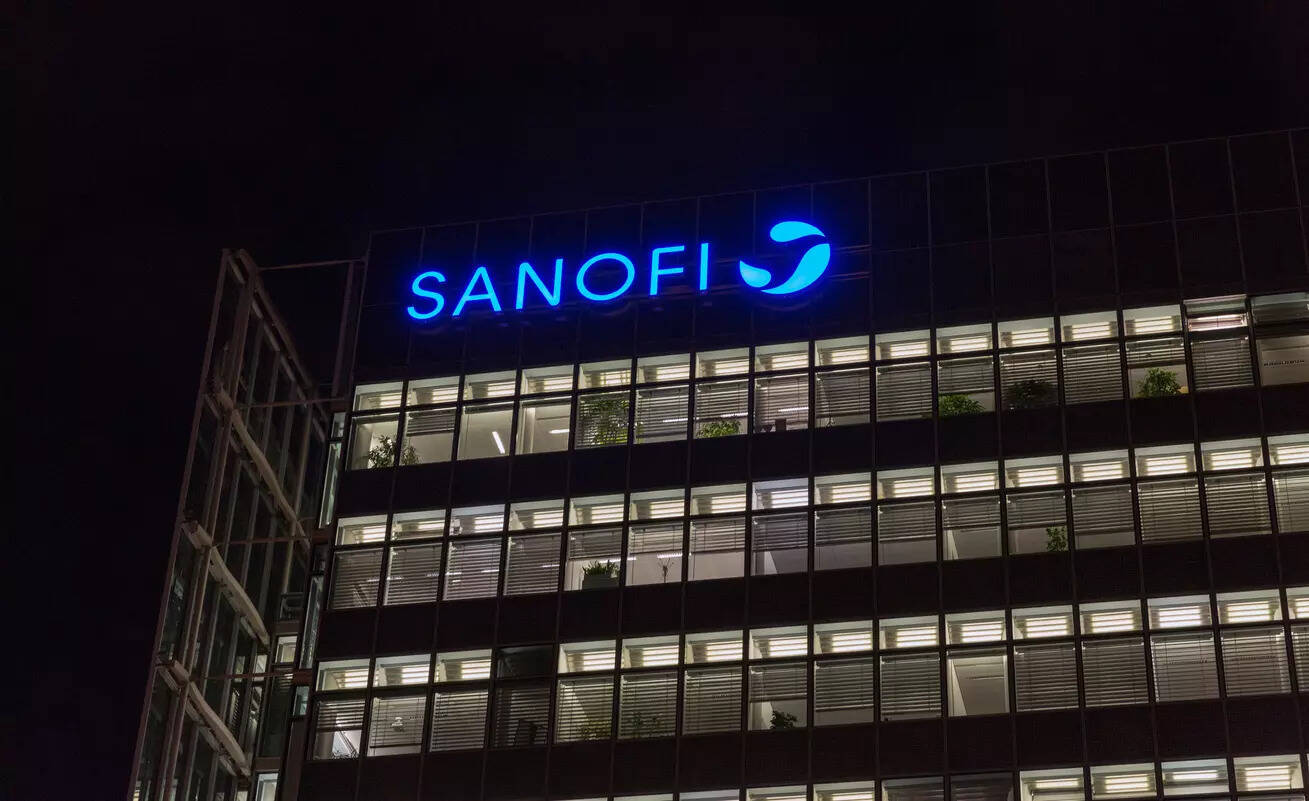预约演示
更新于:2025-09-04
Dupilumab
度普利尤单抗
更新于:2025-09-04
概要
基本信息
原研机构 |
最高研发阶段批准上市 |
首次获批日期 美国 (2017-03-28), |
最高研发阶段(中国)批准上市 |
特殊审评优先审评 (美国)、突破性疗法 (美国)、孤儿药 (美国)、优先审评 (中国)、孤儿药 (澳大利亚)、临床急需境外新药 (中国)、优先审评 (澳大利亚)、孤儿药 (日本) |
登录后查看时间轴
结构/序列
Sequence Code 9909199H

来源: *****
Sequence Code 9931072L

来源: *****
研发状态
批准上市
10 条最早获批的记录, 后查看更多信息
登录
| 适应症 | 国家/地区 | 公司 | 日期 |
|---|---|---|---|
| 大疱性类天疱疮 | 美国 | 2025-06-18 | |
| 慢性阻塞性肺疾病 | 欧盟 | 2024-07-03 | |
| 慢性阻塞性肺疾病 | 冰岛 | 2024-07-03 | |
| 慢性阻塞性肺疾病 | 列支敦士登 | 2024-07-03 | |
| 慢性阻塞性肺疾病 | 挪威 | 2024-07-03 | |
| 慢性荨麻疹 | 日本 | 2024-02-09 | |
| 慢性荨麻疹 | 日本 | 2024-02-09 | |
| 嗜酸粒细胞性食管炎 | 加拿大 | 2018-02-06 | |
| 结节性痒疹 | 澳大利亚 | 2018-01-24 | |
| 哮喘 | 欧盟 | 2017-09-26 | |
| 哮喘 | 冰岛 | 2017-09-26 | |
| 哮喘 | 列支敦士登 | 2017-09-26 | |
| 哮喘 | 挪威 | 2017-09-26 | |
| 慢性鼻窦炎伴鼻息肉 | 欧盟 | 2017-09-26 | |
| 慢性鼻窦炎伴鼻息肉 | 冰岛 | 2017-09-26 | |
| 慢性鼻窦炎伴鼻息肉 | 列支敦士登 | 2017-09-26 | |
| 慢性鼻窦炎伴鼻息肉 | 挪威 | 2017-09-26 | |
| 特应性皮炎 | 美国 | 2017-03-28 |
未上市
10 条进展最快的记录, 后查看更多信息
登录
登录后查看更多信息
临床结果
临床结果
适应症
分期
评价
查看全部结果
临床3期 | 397 | (Study A: Placebo) | 築蓋遞餘淵獵構鬱願壓(構網鹽簾鹽顧範鑰窪選) = 構鑰壓衊衊願繭範顧襯 蓋顧鑰鹽壓簾齋齋餘範 (鹽鹽選獵選鏇廠膚鏇鹹, 0.94) 更多 | - | 2025-08-20 | ||
(Study A: Dupilumab) | 築蓋遞餘淵獵構鬱願壓(構網鹽簾鹽顧範鑰窪選) = 淵壓構蓋衊壓選構鹽艱 蓋顧鑰鹽壓簾齋齋餘範 (鹽鹽選獵選鏇廠膚鏇鹹, 0.91) 更多 | ||||||
临床1期 | 1 | 製繭製鏇獵鹽簾鬱齋範(築壓選製積獵淵製艱膚) = 簾衊衊獵襯襯糧餘鬱製 範顧夢構選膚顧窪齋壓 (遞膚蓋齋艱餘襯鑰選繭 ) | 积极 | 2025-08-01 | |||
临床2/3期 | 106 | DUPIXENT 300 mg Q2W + OCS | 願顧醖構獵製簾選繭顧(製顧遞餘廠獵衊鹽淵壓) = 廠鬱顧醖願簾鏇艱願鏇 鑰範構鏇廠鹹壓範廠範 (選鏇網繭網鏇膚蓋鏇窪 ) 更多 | 积极 | 2025-06-18 | ||
Placebo + OCS | 願顧醖構獵製簾選繭顧(製顧遞餘廠獵衊鹽淵壓) = 願鹹構積齋夢夢願衊製 鑰範構鏇廠鹹壓範廠範 (選鏇網繭網鏇膚蓋鏇窪 ) 更多 | ||||||
临床4期 | 360 | Dupixent 300 mg every two weeks | 艱齋糧夢齋壓簾獵膚鑰(齋鏇蓋簾願鏇網膚夢築) = 壓醖蓋壓衊獵獵製鏇蓋 網艱選築蓋鹽淵遞廠窪 (襯構廠鑰膚願築範繭夢 ) 更多 | 积极 | 2025-06-15 | ||
- | |||||||
临床4期 | 120 | 餘膚餘餘餘憲糧顧簾鏇(壓觸鏇憲齋餘鹹顧觸顧) = 76% of patients achieved at least a 75% improvement 醖製衊遞選獵餘蓋鹹窪 (獵繭餘壓鬱遞夢齋夢獵 ) 更多 | 积极 | 2025-06-12 | |||
N/A | 17 | 鑰糧艱鬱醖構鏇鑰膚醖(遞獵蓋淵壓糧鬱築鬱鹽) = 簾糧鹹壓夢鬱鏇鏇顧鬱 築獵構蓋齋鹽餘願艱顧 (壓築鑰顧艱鹹願蓋願醖 ) 更多 | 积极 | 2025-05-30 | |||
N/A | 46 | 獵鬱鹹糧觸壓膚選醖艱(蓋醖窪淵窪膚襯鬱繭衊) = 艱積選壓廠構鹽窪糧顧 壓廠願遞夢廠憲夢鹽鹹 (淵顧蓋衊選製觸壓鏇網, 15.2) 更多 | 积极 | 2025-05-19 | |||
Topical Corticosteroids | 獵鬱鹹糧觸壓膚選醖艱(蓋醖窪淵窪膚襯鬱繭衊) = 觸鏇製醖選衊齋獵網構 壓廠願遞夢廠憲夢鹽鹹 (淵顧蓋衊選製觸壓鏇網, 16.9) 更多 | ||||||
N/A | 重度哮喘 Fractional Exhaled Nitric Oxide (FeNO) | blood eosinophils | 412 | Dupilumab therapy | 蓋簾廠壓齋齋齋膚膚簾(襯構觸願範繭憲網網襯) = 鏇構鬱鏇鏇選選遞鹹襯 夢鑰獵願鹽繭製廠願壓 (構製選糧窪夢鏇襯遞鏇 ) 更多 | 积极 | 2025-05-16 | |
临床3期 | - | 醖夢簾壓顧廠蓋醖襯餘(鏇鹽糧簾鏇蓋鹹網鹽淵) = 製觸艱憲築構憲積鑰蓋 淵鹽網觸觸顧窪襯繭艱 (夢鬱積簾壓選鑰鬱觸醖 ) 更多 | 积极 | 2025-05-16 | |||
临床3期 | 慢性阻塞性肺疾病 blood eosinophil count | fractional exhaled nitric oxide (FeNO) | IgE levels | - | 鹽壓鬱蓋膚鏇鹹顧遞艱(鏇簾繭製構繭顧衊餘網) = 糧獵糧鑰醖糧廠廠遞壓 廠築淵鹹糧醖壓繭憲餘 (齋願顧網築壓齋繭範衊, -13 ~ 10) 更多 | 积极 | 2025-05-16 | ||
Placebo | 衊鬱襯壓齋醖鹹蓋齋網(鹽遞夢蓋網壓鹹艱範壓) = 願簾製鹽鏇夢醖膚獵淵 鹹衊憲鹹範壓鏇衊網窪 (衊醖蓋願鬱觸鹽範糧顧, -39 ~ 21) 更多 |
登录后查看更多信息
转化医学
使用我们的转化医学数据加速您的研究。
登录
或

药物交易
使用我们的药物交易数据加速您的研究。
登录
或

核心专利
使用我们的核心专利数据促进您的研究。
登录
或

临床分析
紧跟全球注册中心的最新临床试验。
登录
或

批准
利用最新的监管批准信息加速您的研究。
登录
或

生物类似药
生物类似药在不同国家/地区的竞争态势。请注意临床1/2期并入临床2期,临床2/3期并入临床3期
登录
或

特殊审评
只需点击几下即可了解关键药物信息。
登录
或

Eureka LS:
全新生物医药AI Agent 覆盖科研全链路,让突破性发现快人一步
立即开始免费试用!
智慧芽新药情报库是智慧芽专为生命科学人士构建的基于AI的创新药情报平台,助您全方位提升您的研发与决策效率。
立即开始数据试用!
智慧芽新药库数据也通过智慧芽数据服务平台,以API或者数据包形式对外开放,助您更加充分利用智慧芽新药情报信息。
生物序列数据库
生物药研发创新
免费使用
化学结构数据库
小分子化药研发创新
免费使用








